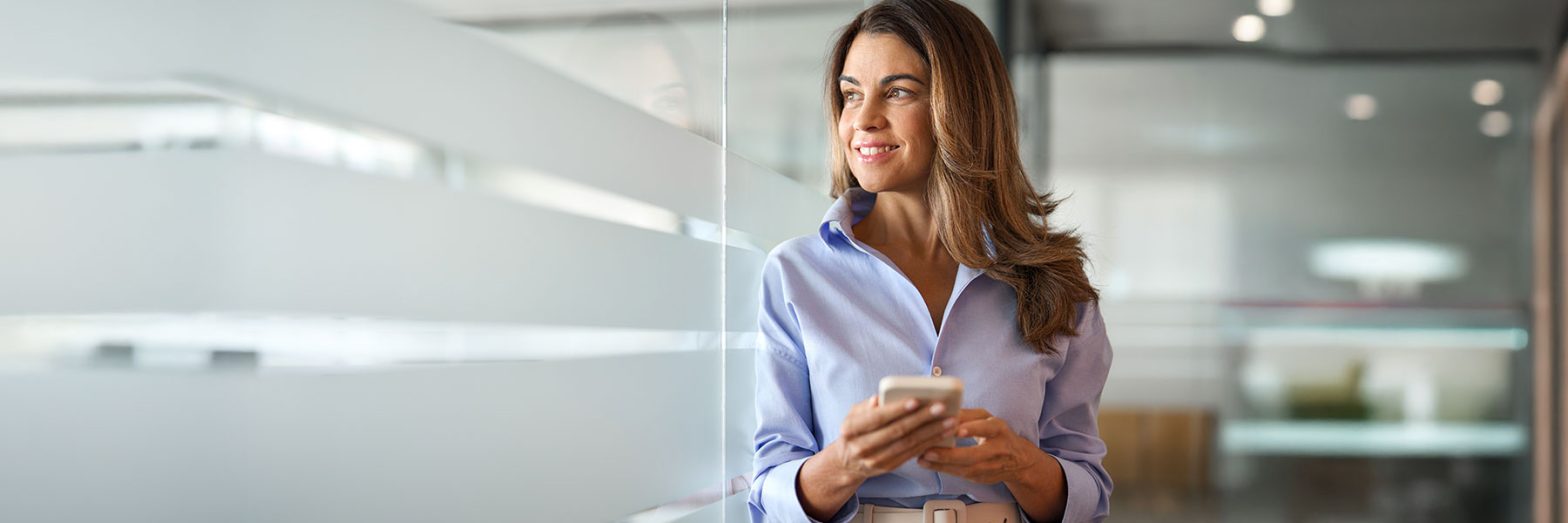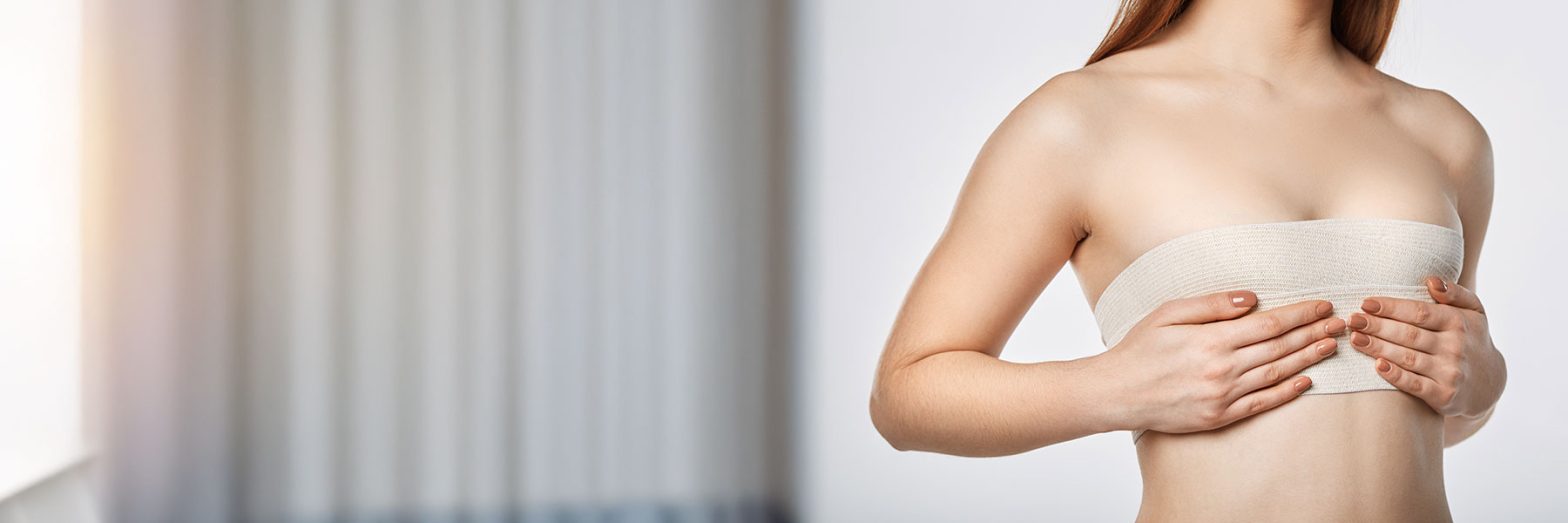Caring for your breast implants post-operation
BREAST AUGMENTATION AND ENLARGEMENT
Janice Dickinson is no stranger to plastic surgery. The world’s ‘first supermodel’ has admitted facelifts, breast augmentation, and tummy tucks amongst many other procedures since her first rise to fame.
However, even as someone well-immersed in the industry, she recently confessed that she hadn’t had her breast implants changed for over thirty years, long exceeding the 10-15 years recommended by most doctors. With this in mind, we give you our top tips for caring for your breast implants throughout their life to make sure they last, and don’t become a problem.
Rest after the procedure
Breast augmentation is a surgical procedure and patients may feel pain post surgery – this is normal. The best way to ease any soreness or aches is proper rest and recovery time. Your surgeon will advise you on your own healing time, depending on the nature of your procedure and your lifestyle, but most will recommend at least a week of continued rest post-operation.
You’ll also need anywhere from a week upwards off work, depending on the nature of your profession, and if you have children or others that you care for, your surgeon will advise you to find alternative care to assist you during your recovery.
Similarly driving in the week following your procedure isn’t advised; excessive use of your arms and the area around your chest can cause irritation and bleeding, and may ultimately mar your recovery and final results.
Listen to your doctor
The advice your surgeon gives you post-procedure isn’t for their own benefit; it’s crucial for the best results and, ultimately, your safety.
Tips for proper recovery will vary from case-to-case and doctor-to-doctor, but the NHS suggest avoiding several things to encourage proper healing, including getting your wounds wet for at least one week, sleeping face down for one month, physical exercise for four weeks, and heavy lifting for around three to four weeks.
Seek help if needed
If you notice anything out of the ordinary after your procedure don’t hesitate to contact your clinic or surgeon. Possible warning signs of complications include severe pain, intense burning, excessive swelling, smelly or strange coloured discharge, lumps and a high temperature.
It’s also important to be vigilant in the years after your procedure. Ruptures and leaks are rare, but can happen. Should you notice any chances or if you have any concerns, always get in contact with a medical professional. Those with silicone implants are recommended to have regular MRI scans every couple of years to check for any ruptures so ensure you have contact with professionals who can assist and guide you through this.
Don’t avoid replacement or removal
It can be daunting to undergo heavy surgery again for the removal or replacement of breast implants, but it may be essential if you experience any complications. The average lifespan for implants is 10-15 years, but times vary massively for different people and this could be much longer or shorter.
The most important thing to keep your implants safe is to have regular checkups with your doctor and monitor any changes. If you’re concerned that an implant may have ruptured don’t avoid seeing a professional – should anything go wrong, breast implants are designed so they won’t damage your body, but ignoring obvious complications for too long is when complications can arise.
The Private Clinic
The Private Clinic is one of the UK’s leading aesthetic clinic and cosmetic surgery groups, with firm standards that lead the way in the cosmetic industry. We believe firmly that clinics have an ethical responsibility to inform their patients of all aspects of their procedures and to ensure that a patient is fully comfortable and happy before proceeding.
Our highly skilled Consultant Plastic & Reconstructive Surgeons are industry leaders to ensure you are in the safest possible hands and achieve the results you hope for. We understand that there isn’t one simple solution for everyone and so also provide fat transfer as an alternative for breast enlargement, should implants not be suitable.







